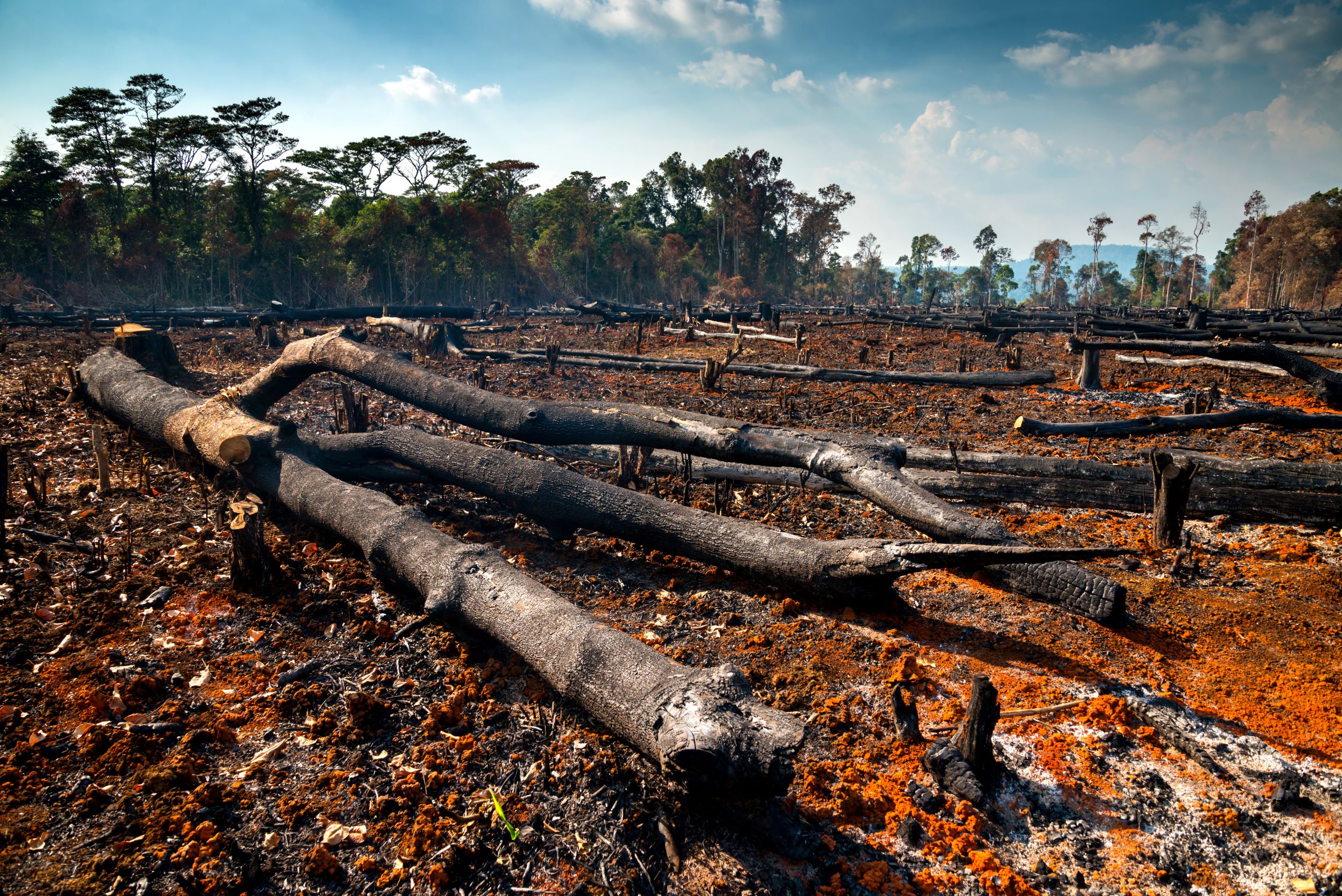When we pay into a pension, we think we’re investing in a better future. So why is over £300 billion of UK pension money going to companies linked to deforestation?
Joint research by Make My Money Matter, SYSTEMIQ and Global Canopy shows that over £300bn is invested in companies that – directly or indirectly – are destroying natural habitats, worsening climate change, and harming the livelihoods of indigenous people around the world.
It means that, if you’re a saver with an average UK pension, you could be unknowingly investing over £6,500 in businesses with high deforestation risk.
Pension providers know that most people want a deforestation-free pension. Polling commissioned by Make My Money Matter showed that deforestation is the biggest worry for savers – not even fossil fuels and weapons manufacturing ranked as badly. In fact, this one issue would be enough for an estimated 14 million UK adults to switch their pension.
”“The pensions industry is critical to tackling deforestation. Delivering on its net-zero targets depends on portfolios being deforestation-free. Without this, there is no net zero.”
Katherine StodulkaDirector, Blended Finance Taskforce
Make My Money Matter is calling on pension schemes to listen to the views of their members by committing to deforestation-free portfolios. It also wants the UK Government to make net zero mandatory for all pension schemes.
This analysis will be followed up with a technical guide for pension funds to show how they can achieve deforestation-free portfolios.
“We are all connected to deforestation… as consumers, as citizens and as pension holders too”, says Make My Money Matter’s co-founder Richard Curtis. Yet it doesn’t have to be this way. “If our money is cleverly and massively applied to support the industries and business that are restoring, not jeopardizing, our natural environment, both profits and the planet can come out on top.”
These new regenerative business models already exist, says Morten Rosse, Chief Investment Officer at Partnerships For Forests, and they’re already being used to protect and restore areas of tropical forest and other endangered ecosystems in Latin America, Asia and Africa. “They could be the key to more diverse, future-proofed portfolios. But they must grow fast, and that requires capital. The pensions industry must not only commit to net zero and deforestation-free supply chains, but they must also find opportunities to invest in nature-positive companies.”
It’s a view endorsed by Blended Finance Taskforce director Katherine Stodulka, who points out that the pension industry is increasingly better able to tackle deforestation. “It has powerful tools to understand climate- and nature-related financial risk and is collectively working to set ambitious net-zero targets. Delivering on those targets depends on portfolios being deforestation-free. Without this, there is no net zero.”
Planet-positive pensions, then, imply a system-wide change in how and what we finance. However, until now, it has simply been too easy for pension funds to turn a blind eye to the deforestation risks hidden in the investments they make on our behalf.
Sonia Guajajara, a Brazilian indigenous activist, environmentalist and politician, says that people affected by deforestation are too often left feeling powerless, most recently at COP26. “I was there, together with countless indigenous representatives. We were not even called to the real negotiation tables.” In contrast, she believes that pension savers can make a difference. “You have power to help save the forests. You can use your voice to change the way your pension is invested – to protect nature, livelihoods, and create a world that you will actually want to retire into.”
SYSTEMIQ is a climate and systems change company, with a mission to accelerate the transition to a net-zero, nature-positive and more inclusive economy. We do this by building ambitious multi-stakeholder coalitions; advising leading companies, financial and public institutions; and investing in businesses that will scale new solutions in energy, nature and materials.
Want to find out more about the analysis in this report? Please share your questions with [email protected].

